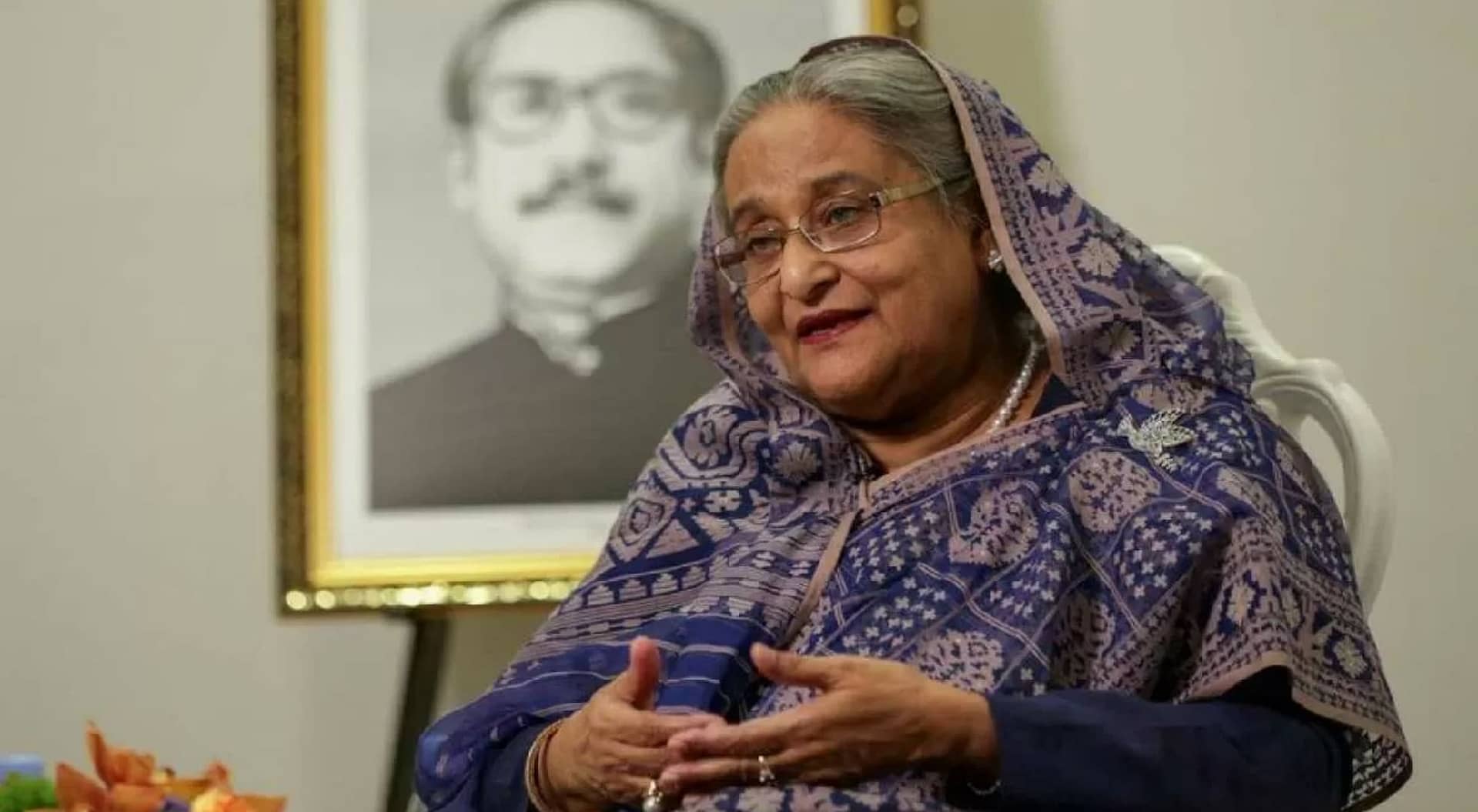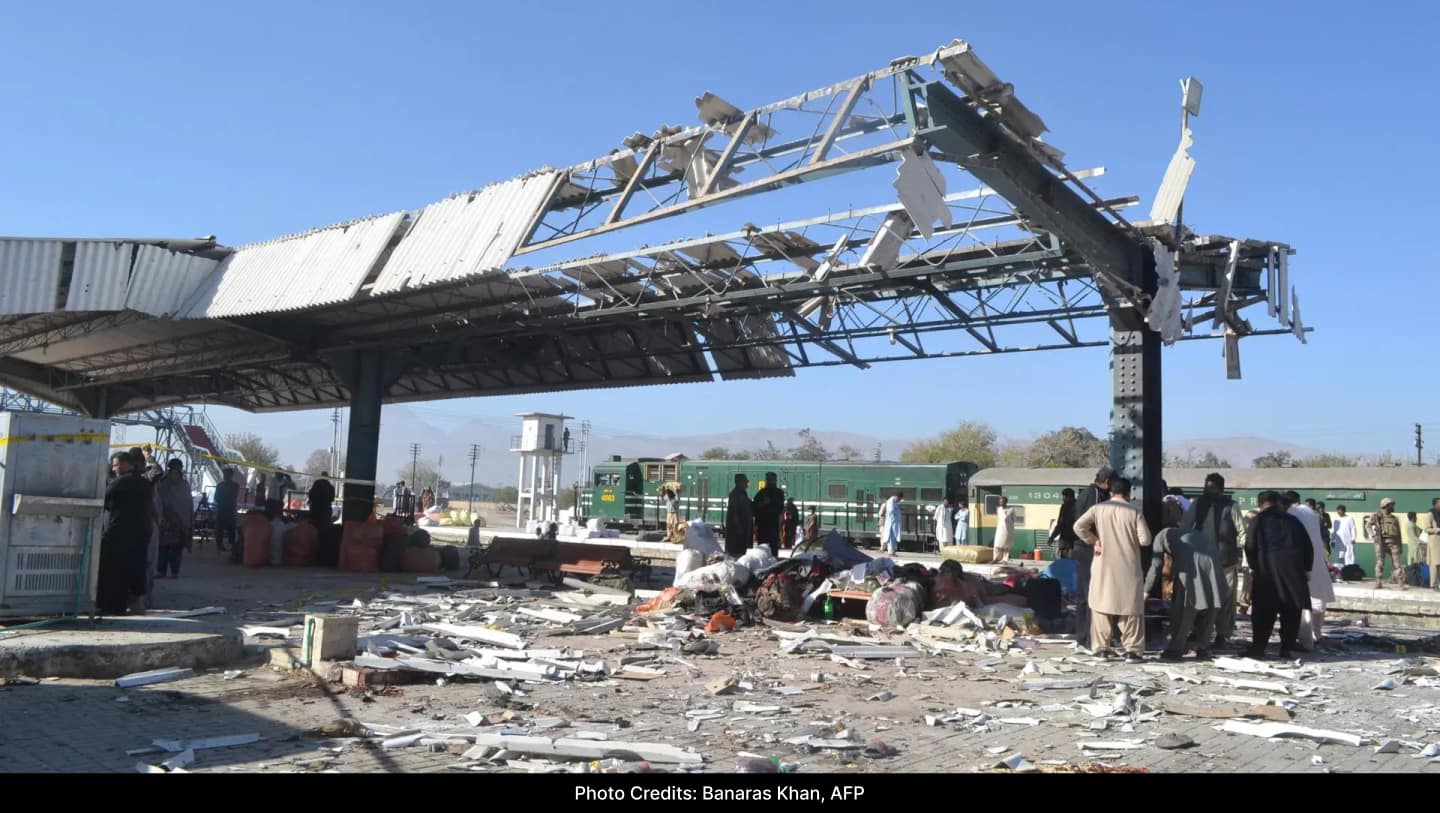Prime Minister Sheikh Hasina won a landslide majority in Bangladesh’s parliamentary election after a campaign filled with violence and a boycott of the main opposition party, giving her and her Awami League a fourth consecutive term.
As the Election Commission was slow to announce the results of Sunday’s election, television stations with network journalists across the country reported that the Awami League won 216 seats out of 299. Independent candidates took 52, while the Jatiya Party, the country’s third largest, took 11 seats. The results for the rest of the precincts came in late Sunday evening.
Elections were held in 299 out of 300 parliamentary seats. In one seat, the election was postponed by law after an independent candidate died.
A final official statement from the Election Commission is expected on Monday.
The vote was preceded by at least 18 arson attacks, but election day was relatively peaceful. Voter turnout was around 40%, Chief Election Commissioner Kazi Habibul Awal said after the polls closed.
The main opposition Bangladesh Nationalist Party, led by former Prime Minister Khaleda Zia, refused to accept the election result, saying Bangladeshi voters had rejected the government’s unilateral election.
Security incidents, including four dead in an arson attack on a passenger train on Friday, have intensified tensions ahead of the election, which has been avoided by Zia’s party and its allied groups. They accuse Hasina of turning Bangladesh into a one-party state and stifling dissent and civil society.
Authorities blamed much of the violence on the BNP and accused it of trying to sabotage the election.
A victory for 76-year-old Hasina, the country’s longest-serving leader and one of its most prominent, would bring a deeply contentious political environment.
The vote, like previous elections, was defined by the bitter rivalry between Hasina’s Awami League and the BNP, led by Zia, who is ill and under house arrest on corruption charges that her supporters say are politically motivated.
The two women alternated leading the country for many years, cementing a feud that has since polarized Bangladeshi politics and fueled election violence. This year’s vote has raised questions about his credibility with no major challengers to the incumbent.
The government rejected the BNP’s month-long demand for a neutral caretaker government to administer Sunday’s vote.
The government defended the election by saying that 27 parties and 404 independent candidates were participating. But with many Awami League candidates running as independents and mostly smaller opposition parties in the race, analysts say a Hasina victory is all but inevitable.
The vote was also contested by allegations of a large-scale crackdown against the BNP. The party says around 20,000 of its members were jailed on trumped-up charges ahead of the vote. The government disputed the figures and denied that the arrests were politically motivated, saying the number of arrests was between 2,000 and 3,000. The country’s law minister said in an interview with the BBC that 10,000 people were likely arrested.




